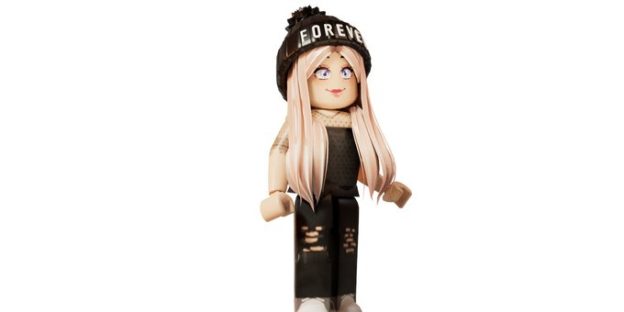Seventy-nine percent of survey respondents said they have already made a purchase in the Metaverse.
By comparison, spending on artificial intelligence totaled $93 billion last year, McKinsey said.
McKinsey released its new estimates for the metaverse in a study on this topic that included the results of a survey of 3,104 consumers in 11 countries and a survey of C-level executives in 15 industries and 448 companies in 10 countries.
Some notions of the Metaverse vision are not only immersive digital platforms where visitors can interact, shop and play but also inter-operate between those worlds, meaning consumers can transfer their avatars from one platform to another. More or less can be retained on the platform.
For the purposes of his study, however, McKinsey defines the metaverse as primarily online platforms and experiences that do not occur in virtual reality alone or require interactivity between virtual worlds.
The metaverse will encompass five types of daily activities, the McKinsey report predicts: gaming, socializing, fitness, commerce and distance learning. “People are indicating that connection is probably their number one interest,” said Larina Yee, senior partner at McKinsey.
Ninety-nine percent of respondents said they have already made purchases in the Metaverse as it exists today, with 47% reporting that they had made in-game purchases, 37% reporting purchasing virtual cosmetic items, and 33 percent reporting buying virtual cosmetic items. % said they bought real-world items that were offered through the virtual platform.
The McKinsey researchers said brands’ experiments in virtual worlds so far indicate how marketing and advertising can appear on the street to consumers in the metaverse.
“Very different marketing skills are needed, which are closer to videogames and movies, TV series and so on,” said Eric Hazen, senior partner at McKinsey.
Chipotle Mexican Grill Inc. has run two Metaverse campaigns in collaboration with Roblox,
Online gaming platforms popular among kids, including a 2021 Halloween-themed project called Burrito, in which users visiting a virtual store receive a code for a free real-world burrito, and an April 1 Event that lets consumers roll virtual burritos to earn money—game currency that can also be traded for real food.
Chipotle chief marketing officer Chris Brandt said the potential benefits of exploring the Metaverse outweigh the risks.
“The Metaverse is confusing. It gets a lot of publicity, but there aren’t a lot of people out there,” Mr. Brandt said. “But many of our consumers have kids on Roblox. Hey, we’re taking a risk. Let’s not jump in and spend $5 million on this burrito.” [game], Let’s spend $100,000 and see what happens.”
He said the two games attracted six million unique users, many of whom also signed up for Chipotle’s rewards program, and that “burrito” daily sales totals surpass those associated with previous years’ Halloween campaigns in the physical world. Gone, he said.
Chipotle is encouraged enough to allocate a small portion of its marketing budget to the Metaverse, Brandt said, noting that he expects a bigger commitment in the coming years.
Ninety-nine percent of executives in the McKinsey study said they believe the metaverse will have a positive impact on their respective industries in five to 10 years, and 25% said they expect it to increase their organization’s overall margins. Will drive 15% of the growth over five years.
Authentic Brands Group LLC Forever 21 has leaned into the idea of ”twining,” a concept that forces people to dress similarly to their digital avatar. Forever 21 sold a black beanie in its store after it became popular on Roblox, for example, the company said.
“The Metaverse is all about self-expression, so being able to dress alike in the physical and virtual worlds is a trend that we believe will continue to grow,” said Jacob Hawkins, marketing and commerce officer for Forever 21.
According to McKinsey, with 31% uncertain about the return on investment the Metaverse experiences, some executives are skeptical.
Brands should reduce expectations and investments in the metaverse because mass consumer adoption will take time, said Mike Proulx, vice president and director of research at Forrester Research. Inc.
“The linchpin throughout this Metaverse calculus should be about explaining to everyday people how the Metaverse will complement their daily lives,” he said. “And until that happens, the user base of immersive media will remain niche.”
https://www.wsj.com/amp/articles/metaverse-spending-to-total-5-trillion-in-2030-mckinsey-predicts-11655254794





